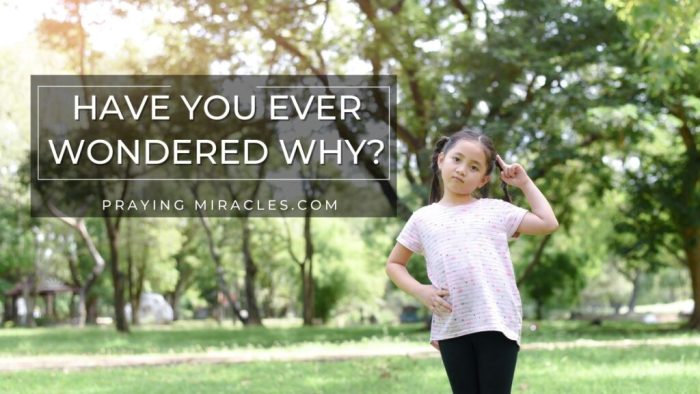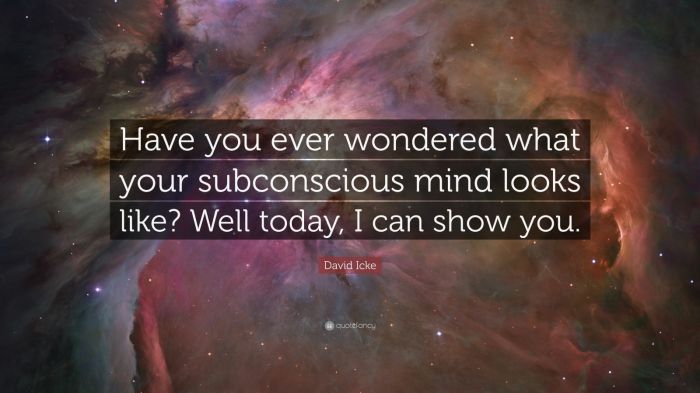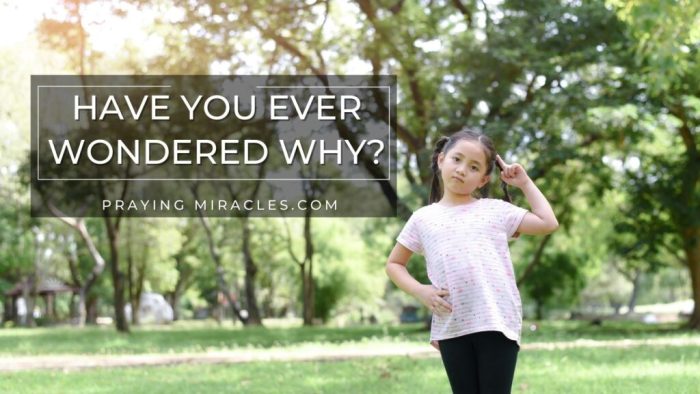
Have You Ever Wondered If It Really Works?
Have you ever wondered if it really works? We all do. From the latest fad diet to a new productivity hack, the human mind is naturally curious about what works and what doesn’t. This inherent curiosity drives us to explore, innovate, and constantly seek new knowledge.
It’s what fuels our desire to understand the world around us, pushing us to question, investigate, and ultimately, learn.
But how do we determine if something truly works? Do we rely on anecdotal evidence, scientific studies, or perhaps even our own personal experiences? The truth is, there’s no one-size-fits-all answer. The journey to uncovering the truth often involves a blend of skepticism, critical thinking, and a willingness to consider multiple perspectives.
The Impact of Confirmation Bias

Confirmation bias is a cognitive bias that leads individuals to favor information that confirms their pre-existing beliefs while disregarding or downplaying evidence that contradicts them. This bias can significantly distort our perception of evidence and lead to biased conclusions, influencing our decisions and beliefs in ways we may not even realize.
Examples of Confirmation Bias
Confirmation bias can manifest in various ways, affecting our decisions and beliefs in subtle and sometimes significant ways. Here are a few common examples:
- Selective Exposure:People tend to seek out information that aligns with their existing beliefs while avoiding information that challenges them. For instance, a person who believes in climate change might primarily read articles and watch documentaries that support this view, while ignoring or dismissing information that suggests otherwise.
- Interpretational Bias:Individuals may interpret ambiguous information in a way that supports their pre-existing beliefs. For example, a person who believes in the effectiveness of a particular dietary supplement might interpret a study with mixed results as evidence of its effectiveness, while ignoring or downplaying the negative findings.
- Memory Bias:We may recall information that confirms our beliefs more easily than information that contradicts them. A person who holds a negative view of a particular political party might remember more negative news stories about that party while forgetting or downplaying positive ones.
Strategies for Mitigating Confirmation Bias
While confirmation bias is a natural human tendency, we can take steps to mitigate its effects and make more informed decisions. Here are a few strategies:
- Actively Seek Out Diverse Perspectives:Make an effort to expose yourself to information from a variety of sources, even those that challenge your existing beliefs. This can help you gain a more balanced understanding of the issue and avoid being trapped in an echo chamber.
- Consider the Opposite:Before making a decision or forming an opinion, try to consider the opposing viewpoint. This can help you identify potential biases and ensure you’re not overlooking important information.
- Be Open to New Information:Be willing to change your mind when presented with compelling evidence that contradicts your existing beliefs. Remember that no one is always right, and being open to new information is crucial for personal growth and learning.
The Ongoing Quest for Answers: Have You Ever Wondered If It Really Works

The pursuit of knowledge is an ongoing journey, one that is constantly evolving as we delve deeper into the mysteries of the universe. Science, with its systematic approach to understanding the world around us, is a driving force behind this quest.
The very nature of scientific inquiry is to question, to explore, and to challenge existing paradigms.
The Dynamic Nature of Scientific Knowledge, Have you ever wondered if it really works
Scientific knowledge is not static; it is constantly being refined and expanded upon as new discoveries and technological advancements emerge. This dynamism is a hallmark of science, reflecting its ability to adapt and grow in response to new information.
A prime example is the evolution of our understanding of the universe. From the geocentric model of the ancient Greeks to the heliocentric model of Copernicus and Galileo, our perception of the cosmos has undergone profound transformations. These shifts in understanding were driven by observations, experimentation, and the development of new technologies, such as the telescope, that allowed us to see the universe in unprecedented detail.
Have you ever wondered if it really works, to celebrate Christmas without breaking the bank? It’s a common question, especially when the holidays seem to get more expensive every year. But trust me, it’s possible! Check out these 12 fun frugal family Christmas traditions that will help you keep the holiday spirit alive without emptying your wallet.
You might be surprised at how much fun you can have while still sticking to a budget, and you’ll be able to say, “Yes, it really works!”
Have you ever wondered if those trendy hairstyles you see on social media actually work in real life? I know I have! One that always catches my eye is the puffy headband braid , with its cute, voluminous look.
It seems like the perfect way to add some personality to a simple outfit. But, I’m always skeptical until I try it myself! So, I guess the only way to know for sure is to give it a go, right?
Have you ever wondered if those “miracle” products actually work? I mean, I’ve seen some pretty convincing claims, but sometimes it’s hard to tell. Take those videos of funny babies, for example, like the ones on funny babies 2.
They’re hilarious, but do they really prove anything? Maybe it’s just a matter of perspective. After all, have you ever wondered if it really works?


